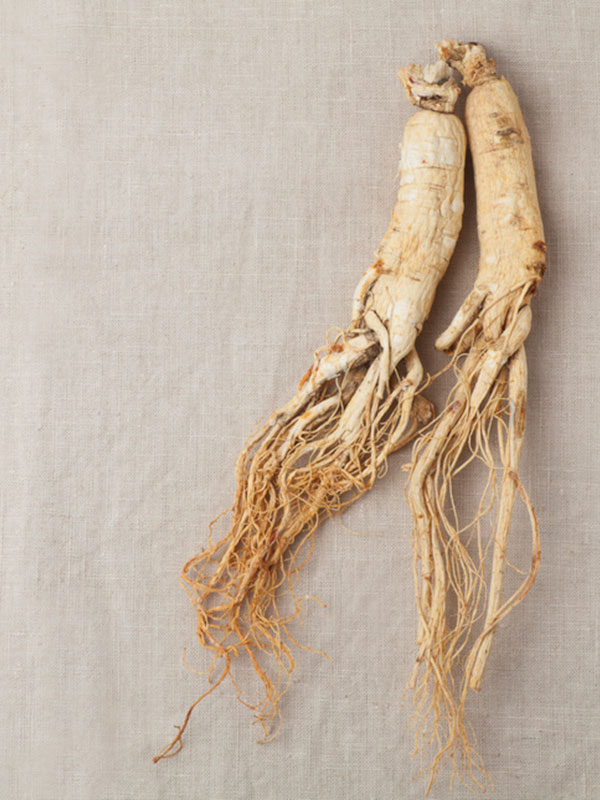
Get to know Chinese Medicine and how it works
Chinese medicine, also known as traditional Chinese medicine or TCM, is the umbrella term for the healing modalities of acupuncture, Chinese herbal medicine, Chinese remedial massage techniques such as acupressure or cupping or scraping, moxibustion, dietary and lifestyle advice, movement therapies such as tai chi, and meditative therapies such as qi gong.
These tools each have their own area of application and are used in varying combinations depending on your illness. Herbal medicine and acupuncture are by far the main treatment modalities of Chinese medicine. They are used more so to treat disease while lifestyle, diet and movement therapies are more often used preventively, and to promote longevity.
How does TCM work?
The theory behind TCM treatment is the restoration of balance within the body. It’s thought that disease arises when the functioning aspects of the various internal organs and systems can no longer maintain balance. That is, one might be overactive and another underactive, or otherwise not functioning normally. Treatment seeks to correct these individual patterns of imbalance so that health can be restored.
This explanation is of course very simplistic. The theoretical framework of Chinese medicine is extremely vast and complex, with many different interconnected and sometimes conflicting schools of practise having developed over its history.
The beauty of this system is that it is entirely holistic. The focus is never on one particular symptom but rather on solving the problem of the underlying pathology. Once solved, not only does the symptom fade, but so do many other seemingly unrelated health complaints. Traditional Chinese medicine acknowledges that everything in the body is interconnected.
Chinese medicine’s unique diagnostic methods and particular understanding of health allows the practitioner to think outside the Western medical box which the vast majority of other approaches, both mainstream and alternative, are tied to. Its treatments also present an entirely different angle of attack, providing another option for those people whose issues haven’t been treatable with modern medicine.
What is TCM used for?
One widespread misconception about Chinese medicine is that it’s better suited to more superficial, or less “serious”, issues like quitting smoking and back aches. While it is excellent at addressing both of these, its scope is much broader.
TCM is a complete medical system, able to address a vast range of deviations from typical healthy physiology. It has had most of the specialty areas now seen in modern medicine for well over a thousand years (and often much longer) — usually long before they were developed in the West.
The main specialty areas practised today are orthopaedics and traumatology, obstetrics and gynaecology, rheumatology, dermatology, oncology, paediatrics, ear/nose/throat, psychiatry, urology and gastroenterology. Dr Christopher Booth considers himself a general practitioner of Chinese medicine and uses acupuncture and herbal medicine to effectively treat a wide range of conditions.
Learn more about the science behind TCM, and what to expect from a typical visit.